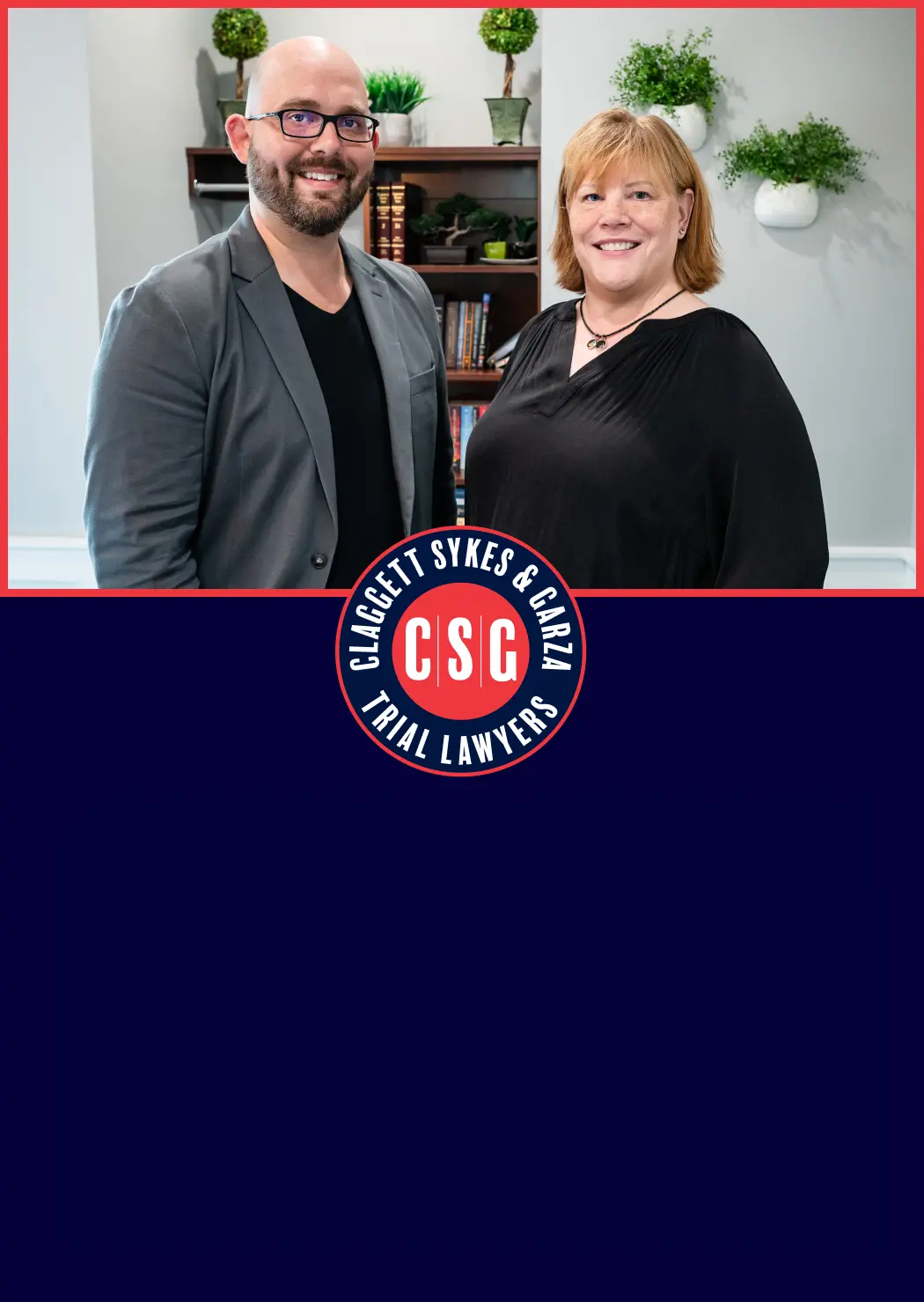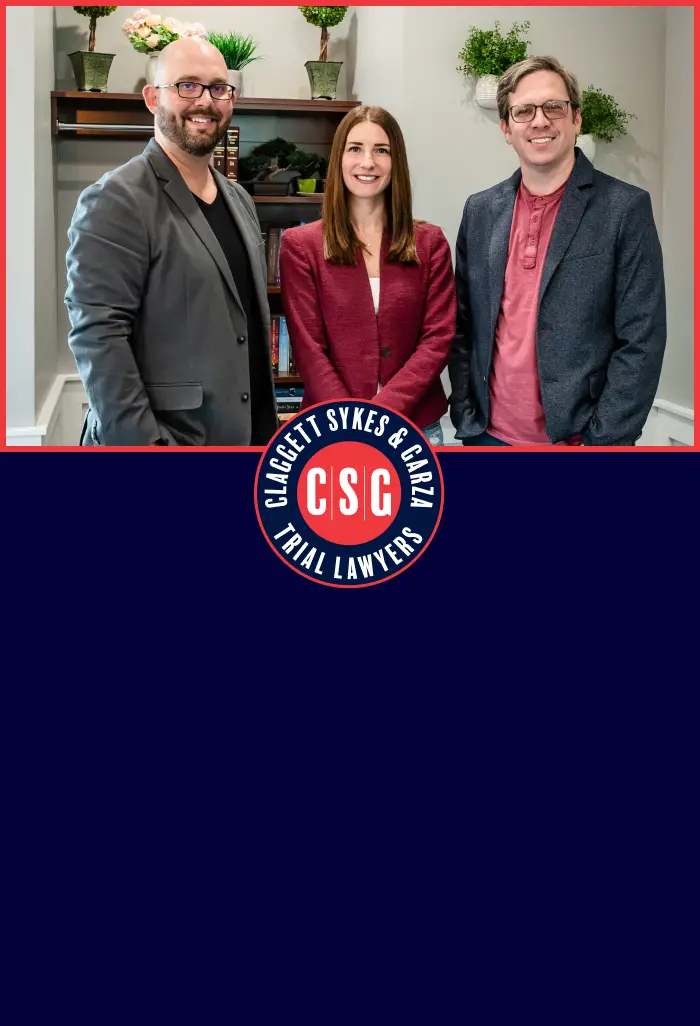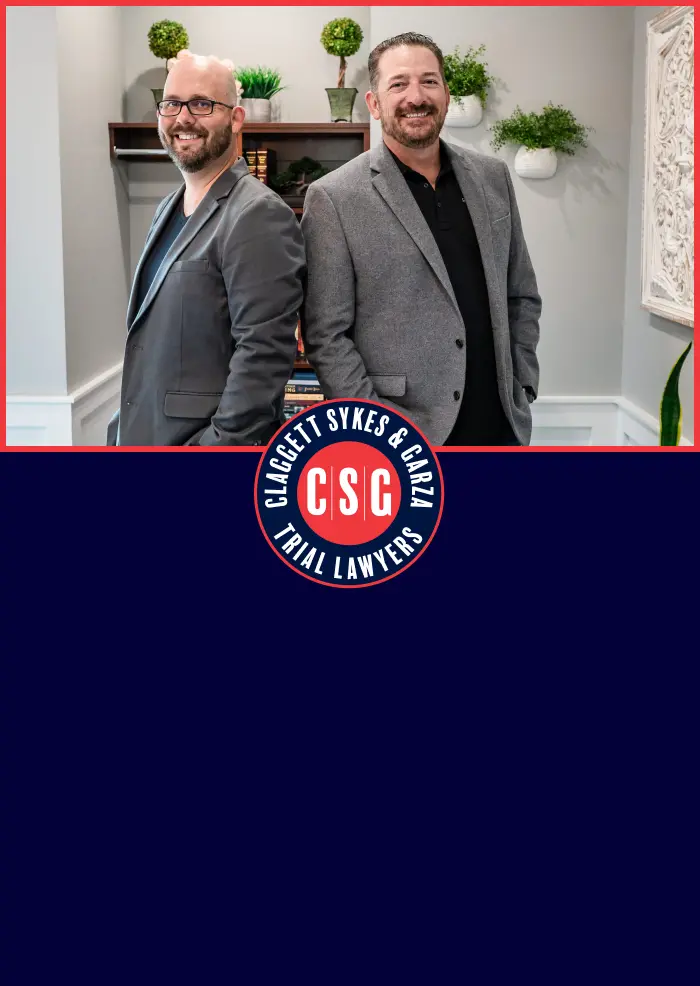
When doctors and nurses engage in negligent practices in treating patients and fail to uphold a reasonable standard of care, they can cause harm to those in their care. Fortunately, victims of medical malpractice can hire an attorney to help them seek compensation from the negligent medical professional.
If a careless physician or medical professional has injured you, the Hartford medical malpractice lawyers at Claggett, Sykes & Garza can offer the information you need to file a winning claim. Let’s discuss the most common medical malpractice claims to help you determine if you have grounds for a claim or civil suit.
Delayed Diagnosis or Misdiagnosis
One of the most common medical malpractice claims is delayed diagnosis or misdiagnosis. When a doctor diagnoses a patient with the wrong condition or fails to diagnose them right away, the patient’s condition can worsen because they aren’t receiving the correct treatment. Matters can be made even worse when the patient receives unnecessary treatment for an inaccurate diagnosis.
Several factors can lead to a late or incorrect diagnosis, including the following:
- Physician’s failure to recognize symptoms of a certain condition
- Failure to order the proper medical testing
- Failure to refer the patient to the appropriate specialist
- Mislabeled or misinterpreted test results
- Misplaced test results
- Errors that occur when administering a diagnostic test
As you can see, several issues can lead to a delayed or incorrect diagnosis. If you believe your current medical condition is due in part to a doctor’s failure to diagnose you correctly, you may be able to bring a medical malpractice claim against them.

Injured in an Accident?
Get the Compensation You Deserve. Our Experienced Lawyers Can Help.
Failure to Treat
Another common reason to file a medical malpractice claim is failure to treat. A doctor can be held liable for failing to treat a patient because it goes against the standard of care that all medical professionals are expected to uphold.
Examples of failure to treat include, but aren’t limited to, the following:
- Failing to give instructions to a patient for their follow-up care
- Discharging a patient from the hospital too soon
- Failure to monitor a patient’s known condition
- Failing to refer a patient to a specialist
- Failure to communicate important facts about a patient’s condition to them
- Failure to treat a patient who has signs of a serious medical condition, like a heart attack
If you’ve sustained a serious condition or your condition has worsened due to a doctor’s failure to treat you, you may have grounds for a medical malpractice claim. An attorney can review your unique case and determine if you’re entitled to damages.
Medication Errors
Injuries caused by prescription drug errors can also warrant medical malpractice claims. While some drug errors only result in minor allergic reactions or other mild symptoms, some can cause serious complications and life-threatening health issues.
Drug error injuries can result from a number of different factors, including the following:
- Prescribing the wrong drug
- Failing to check a patient’s medical history or allergies before prescribing a drug
- Prescribing too high or too low a dose
- Failing to inform a patient how long they should use the drug
- Failing to recognize interactions between two drugs
If you’ve had a serious reaction to an improperly prescribed drug or your loved one has suffered a fatal injury due to a drug error, you have the right to seek legal counsel. A seasoned medical malpractice attorney can investigate the incident and file a strong claim against the negligent medical professional.

Suffered a Personal Injury?
Let Us Fight for Your Rights and Maximize Your Compensation.
Surgical Errors
Surgical errors encompass a wide range of mistakes that occur during medical procedures and can form the basis of medical malpractice claims. These errors can occur at any stage of the surgical process, from pre-op planning to post-op care. Studies find that surgical errors often occur due to a lack of proper communication.
In the context of medical malpractice, surgeons are considered negligent if they deviate from the accepted standard of care that a reasonably competent surgeon would provide under similar circumstances.
Types of surgical errors in medical malpractice in the most common medical malpractice claims include:
- Performing the wrong procedure
- Operating on the wrong body part
- Leaving surgical instruments or foreign objects inside the patient
- Damaging surrounding tissues or organs
- Anesthesia errors
- Post-operative complications due to inadequate follow-up care
Patients who experience surgical errors may endure prolonged pain and suffering, additional medical complications, and the need for corrective surgeries or ongoing treatments. In severe cases, surgical errors can lead to permanent disabilities, loss of organ function, or even death.

Injured Due to Negligence?
Experienced Personal Injury Lawyers Ready to Assist You.
Birth Injuries
A birth injury refers to any harm that occurs to the baby during the labor and delivery process. These injuries can result from a variety of factors, including medical negligence, complications during childbirth, or the misuse of medical tools.
Common types of birth injuries include:
- Brachial plexus injuries
- Fractures
- Cerebral palsy
- Facial nerve injuries
- Perinatal asphyxia
- Intracranial hemorrhage
- Shoulder dystocia
On the other hand, a congenital disability is a structural or functional abnormality present at birth that can affect any part of the body. Unlike birth injuries, which typically occur during the birthing process, congenital disabilities develop during pregnancy and may be detected through prenatal screening or diagnostic tests.
Our attorneys will investigate the circumstances that led to your newborn’s injury and determine if negligence played a part. We will help you secure the compensation you need to address your child’s current medical needs and provide a better future for them.
Wrongful Death
When medical negligence results in the patient’s death, surviving loved ones may file a wrongful death claim. Our experienced wrongful death lawyers understand the devastating loss you experienced and the overwhelming feeling of injustice. Let us help you protect the memory of your loved one by fighting for justice.
The legal procedures for a wrongful death claim vary greatly between states. Consult a local lawyer to protect your right to seek damages. We will compassionately guide you through each step and build an effective legal strategy to achieve a favorable case result.
How a Medical Malpractice Lawyer Can Help You File a Winning Claim
If you’ve suffered injury or have developed a serious condition due to one of the common forms of medical malpractice listed above, an attorney can help you file a claim for compensation.
Here’s what a personal injury lawyer can do to make your case as successful as possible:
- Investigate your medical malpractice incident
- Gather evidence, including medical records
- Call on a third-party medical professional to act as an expert witness and provide their opinion on your case
- Use evidence and expert witness testimony to show your doctor failed to uphold a reasonable standard of care
- Negotiate for a fair amount and resolve any complications that may arise regarding your settlement
- Seek compensation in court, if necessary
- Ensure all important filing requirements and deadlines are met
- Fight for the results you need to treat your injury and move forward with your life
Taking legal action when you are already dealing with your physical recovery can be intimidating. Claggett, Sykes & Garza can handle all legal aspects of your case so you can focus on healing.
How Long You Have to File a Medical Malpractice Claim in Connecticut
As you can see, an attorney can do a lot to help your case. However, if you wait too long to hire them, they might not be able to obtain the damages you’re owed. That’s because Connecticut has a statute of limitations for medical malpractice suits.
Connecticut General Statute § 52-584 states that you generally have two years from the day you sustained your injury or the discovery date to file a civil suit against the negligent medical professional. In any case, it generally should not be longer than three years from the date of injury, though there are exceptions.
If you fail to do so, you may forfeit the damages you need to rebuild your life. An experienced medical malpractice lawyer can determine the statute of limitations.
Learn More About the Most Common Medical Malpractice Claims
At Claggett, Sykes & Garza, our team knows how frightening it can be to suffer an injury due to the negligence of a doctor whom you trusted. That’s why we’re committed to holding the negligent professional liable for your medical expenses, lost wages, pain, emotional distress, and more.
Contact us today to get the client-focused representation you need to have peace of mind during your recovery process. We’ll schedule a free consultation to learn more about your situation. If we find you have grounds for a claim, we’ll do everything we can to get the results you need to get back on your feet.

